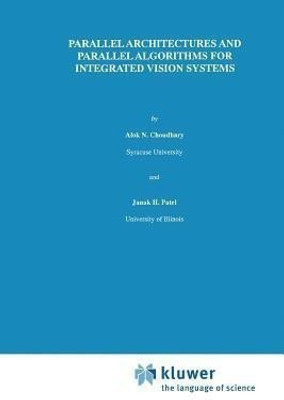Parallel Architectures and Parallel Algorithms for Integrated Vision Systems(English, Paperback, Choudary Alok N.)
Quick Overview
Product Price Comparison
Computer vision is one of the most complex and computationally intensive problem. Like any other computationally intensive problems, parallel pro- cessing has been suggested as an approach to solving the problems in com- puter vision. Computer vision employs algorithms from a wide range of areas such as image and signal processing, advanced mathematics, graph theory, databases and artificial intelligence. Hence, not only are the comput- ing requirements for solving vision problems tremendous but they also demand computers that are efficient to solve problems exhibiting vastly dif- ferent characteristics. With recent advances in VLSI design technology, Single Instruction Multiple Data (SIMD) massively parallel computers have been proposed and built. However, such architectures have been shown to be useful for solving a very limited subset of the problems in vision. Specifically, algorithms from low level vision that involve computations closely mimicking the architec- ture and require simple control and computations are suitable for massively parallel SIMD computers. An Integrated Vision System (IVS) involves com- putations from low to high level vision to be executed in a systematic fashion and repeatedly. The interaction between computations and information dependent nature of the computations suggests that architectural require- ments for computer vision systems can not be satisfied by massively parallel SIMD computers.


